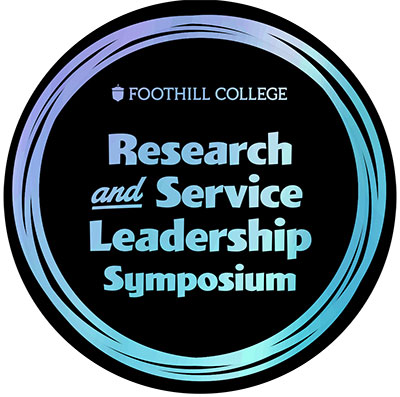
Research & Service Leadership Symposium
Find a Mentor
Your search for a mentor will most likely begin by identifying a prospective teacher, tutor, staff member, or club advisor that shares your passion for the project topic.
Every student and team can benefit from having an advisor or mentor to inspire, instruct, coach, review progress, and encourage when difficulties arise. Working with a skilled mentor can become a professionally enriching experience.
Mentors can be club advisors, faculty from across the campus, staff and tutors. Whether you’ve been directly involved with these individuals through classes or clubs, or you are just looking for an individual with expertise in your topic, there are many mentors at Foothill ready to guide you!
Below are some ideas for finding and working with a mentor(s) for your project.
Start with Your Instructors & Club Advisors
If you are developing or submitting a project that you started in one of your classes or clubs, congratulations, you already have a built in mentor--your instructor or advisor! With very few exceptions, your instructors and advisors are eager to assist you in turning class assignments and club projects into RSLS projects.
Depending on your comfort level, you can reach out to your current instructors with a casual email or talk to them during office hours to request their support. However, we also recommend sending a more official request (see below). All instructors appreciate a thoughtful, well-crafted letter!
If you are having difficulty getting started, follow these tips!
- Reach out to the RSLS Coordinators, Allison Herman, and Lisa Schultheis, RSLS@fhda.edu
- Attend the RSLS Workshops.
- Stop by the Learning Resource Center (LRC) to chat with subject tutors.
Letter of Request to Prospective Mentors
The next step is to send a letter to a prospective advisor that introduces yourself and your ambitions. Foothill’s faculty and staff often have skills and interests beyond the classes they are teaching this quarter. Reaching out with a well-crafted request for mentorship can work well.
Use the Mentorship Request Template to guide you. You can get assistance on drafting the letter from the LRC as well.
Working with Mentors
Once you connect with your mentor (or more than 1 mentor), you will work together to set up the collaboration that works for you. Maybe you just need your mentor to help you meet deadlines. Perhaps you want more hands on (virtual) guidance on strategies and methods. It’s up to you!
The winter and spring workshops can be a place to connect with your mentors and teams as they are designed to help you meet the application and Symposium deadlines.



